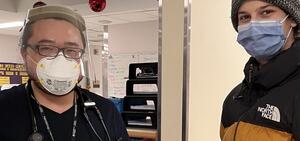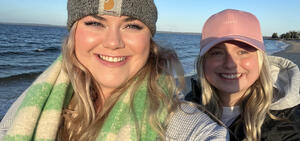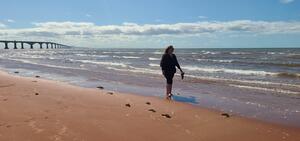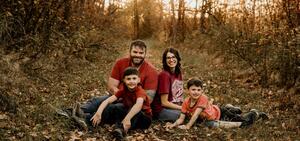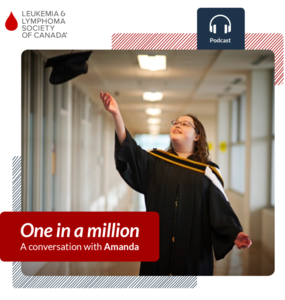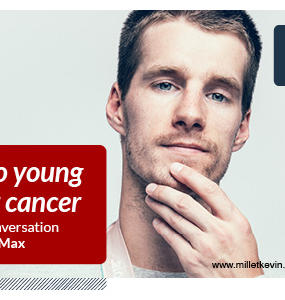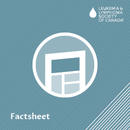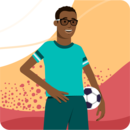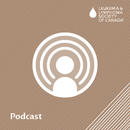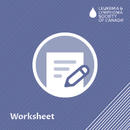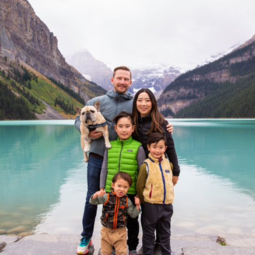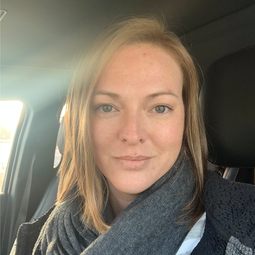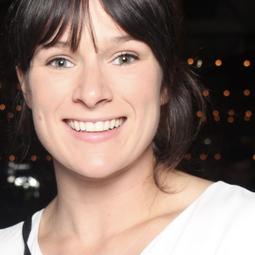You are not alone.
Contribute to our blog and write about your personal experience.
Conversations with Survivors
Amanda Saunders
Max Parrot
How to prepare yourself
As you undergo treatment, you will face challenges that are specific to your age group. By staying informed about your diagnosis and what’s to come, you will feel prepared and less scared of what’s ahead.
Young Adults with a blood cancer
Adjusting your social life - Siham's Story
Adjusting to physical changes - Christian's Story
Managing Anxiety - Romy's Story
Cancer and social media - Juan Manuel's story

Life after cancer - Karine's story

Telling others
- Don’t do it alone. Ask a loved one or someone you trust to be with you.
- You don’t have to say everything. It’s up to you to decide who and when you tell and how much information you disclose.
- Think of what you would like to tell them in advance.
- Jot down what you might like to say. You will feel less nervous when you deliver the news.
- Tell others in a way that you’re comfortable with: in-person, by phone, email or a letter.
- You don’t have to explain your diagnosis. Refer them to reliable sources if they want more details about the blood cancer and its treatment.
Connect with someone who has been there
- You can connect with someone who has been through a similar cancer diagnosis.
- Talking to a peer can reassure you about what’s ahead.
- Match by age, type of diagnosis, gender (if requested) or the issue that is most concerning to you.
- Learn more about the program here.
Staying connected
- Create a virtual discussion group.
- Join an online game to play with friends when apart.
- Do light physical activities or low-impact sports with friends when you can see each other.
- Eat together virtually or in-person when it’s possible.
- Watch a movie together by streaming the same movie and staying on the phone during the film.
Before sharing your diagnosis or cancer experience on social media, consider these questions first.
- Would it affect me if an important person, like a potential employer or life partner, learned about my diagnosis from a Web search?
- Would it upset me to look back on my cancer experience in the future through my social feed?
- Can this information be taken down in the future, if I choose to?
- Exactly who can see or use this information on social media?
- Am I ready to handle any comments or messages I receive from my social media posts?
Consider using a website to create a personal health journal and to share updates with only a select number of people instead of your entire social network.
Be prepared to receive well-intentioned advice about your care (for example: nutrition, vitamins/supplements, exercise, medications, etc.).
Always talk to your healthcare team before trying something new.
- Make a plan to talk to them about your diagnosis. Even young children can often tell when something is wrong and will use their imagination to fill in the gaps of information.
- Prepare what you will say in advance and plan answers to possible questions. Keep in mind that your children may not ask any questions when you first tell them about the diagnosis, but they may ask questions later.
- Encourage your children to come to you with any questions.
- Explain to younger children that they cannot “catch” a blood cancer and no one did anything wrong to cause the cancer.
- Ask for help. Your healthcare team can give you tools to help you talk to your children about your diagnosis.
Talking to Children
- Keep professors or your boss in the loop on how you are feeling. Then you can discuss how to change your workload, if needed.
- Find out if it is possible to have an adapted schedule. If you know that you are feeling better in the mornings than afternoons, maybe you can do participate half-days.
- Don’t be shy to ask for assistance. Your classmates or coworkers could be a good help during this period.
- Try to eat healthy meals and snacks that give you a good level of energy (fruits, nuts, whole grains, etc.)
- Stay active. Rest is important and so is exercise. Listen to your body and do only an amount of exercise that your body can take while still having some energy to continue your daily routine.
Returning to Work - Expert Tips and Resources
Going Back to School After a Cancer Experience
- Create a budget.
- Check if there are any supplementary income programs from the government or charitable organizations for people with cancer.
- If your budget is tight, consider using a food bank, clothing donations or transportation assistance programs.
- Ask family or friends you trust for help.
Finances and Cancer
- Talk about your emotions and how you feel with someone you trust.
- Try meditation, yoga, or breathing exercises.
- Try eating well and staying active. A healthy lifestyle helps you feel better. Even just a short walk outside can help you feel better.
- Do something that makes you happy. A good comedy, a funny podcast or a good book can take your mind off things even if just for a short time.
Self-reflection journal
Journaling and Mindfulness
- Hair loss.
- You can borrow wigs through different organizations or you might find it's easier to buy a good quality wig online.
- Wearing a head scarf. You can find video tutorials online for different ways to wear a head scarf.
- Head massages. Head massages can be helpful to stimulate hair, eyelashes and brows to grow back.
- Dry skin, rashes and scars. Use vitamin E and moisturizing creams to keep your skin from feeling dry, to soothe rashes, sensitive nails, and to reduce the appearance of scars.
- Weight loss or weight gain. If your weight has changed, try to wear clothes that suit your new body and that make you feel good and comfortable.





